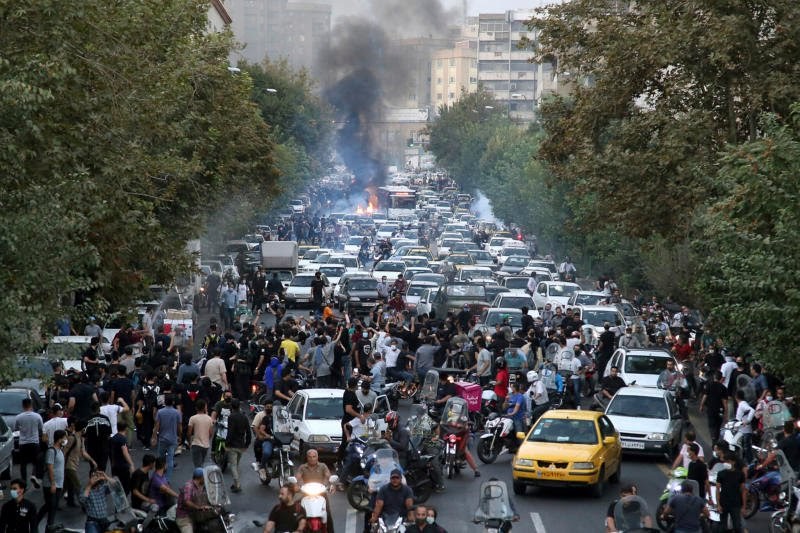Following the ongoing protest in Iran, major social media platforms have been
prohibited due to the death of Masha Amini, who was detained in Tehran for
reportedly wearing "an inappropriate clothing" and improperly donning her
hijab headscarf.
According to locals and internet watchdog NetBlocks, access to Instagram and
WhatsApp was restricted in the nation.
Millions of Iranians were left without access to the internet due to a
"nation-scale loss of connectivity" on the networks of two different companies
and Iran's leading mobile phone operator, according to NetBlocks.
⚠️ #Iran is now subject to the most severe internet restrictions since the November 2019 massacre.
▶️ Mobile networks largely shut down (MCI, Rightel, Irancell - partial)
▶️ Regional disruptions observed during protests
▶️ Instagram, WhatsApp restrictedhttps://t.co/8cCHIJA2Oi
— NetBlocks (@netblocks) September 21, 2022
Hours after Instagram's services were disabled, various internet service
providers affected WhatsApp's servers, according to London-based NetBlocks.
Citizens are unable to send videos and images of what is happening without the
use of the internet.
Masha Amini allegedly suffered a stroke and a heart attack while being held at
the "guidance centre," and she eventually passed away after being taken to the
hospital.
Her family refuted the Iranian authorities' allegations, stating that she had
no pre-existing conditions.
In some areas of the Islamic Region, social media websites including TikTok,
YouTube, Twitter, and Facebook are frequently restricted. Virtual private
networks (VPNs), however, are frequently used by tech-savvy locals to get
around barriers.
According to Netblocks, this interruption is the "most serious" to have
occurred since the 2019 gasoline protests when the internet was shut down.



